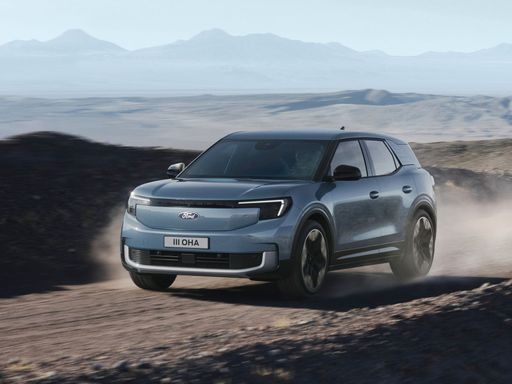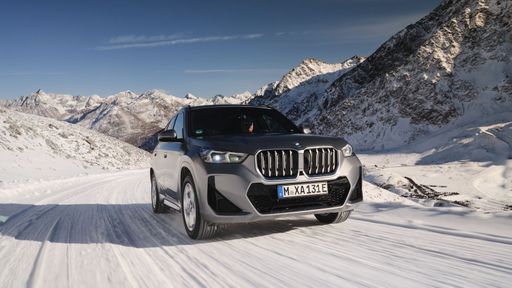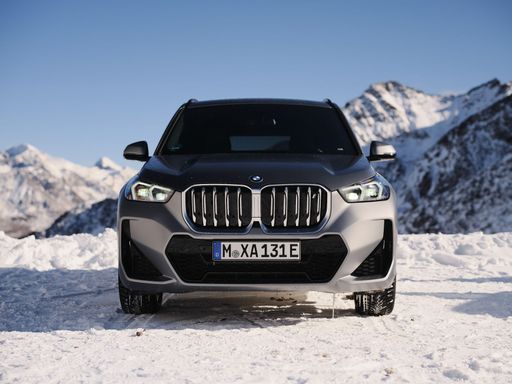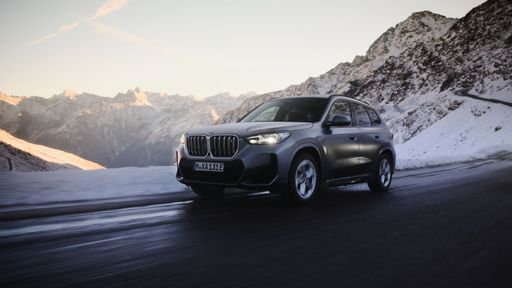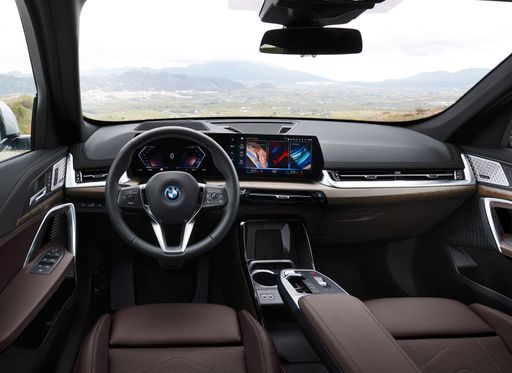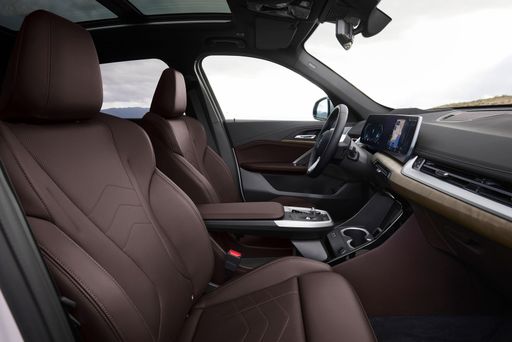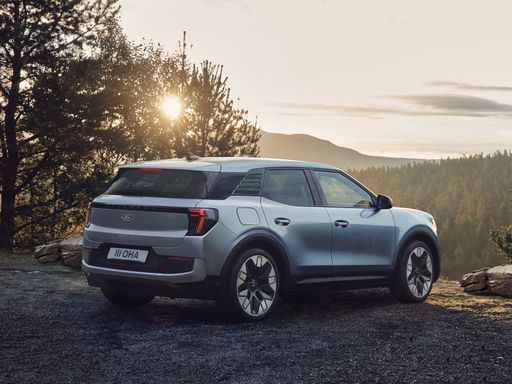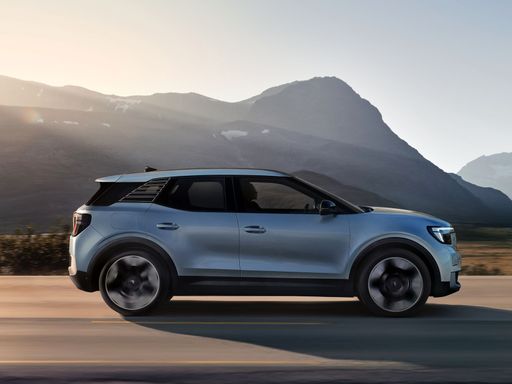First Impressions: Urban Elegance vs. Bold Presence
The BMW iX1 arrives with that familiar compact-BMW polish — taut surfaces, deliberate lines and an air of urban sophistication that will appeal to buyers who value style and brand prestige. The Ford Explorer EV, by contrast, stakes a claim with a more muscular, family-SUV stance that reads as practical and unapologetically roomy. Together they make a neat study in positioning: one leans premium and composed, the other confident and purpose-built. Either way, both turn heads for very different reasons.

